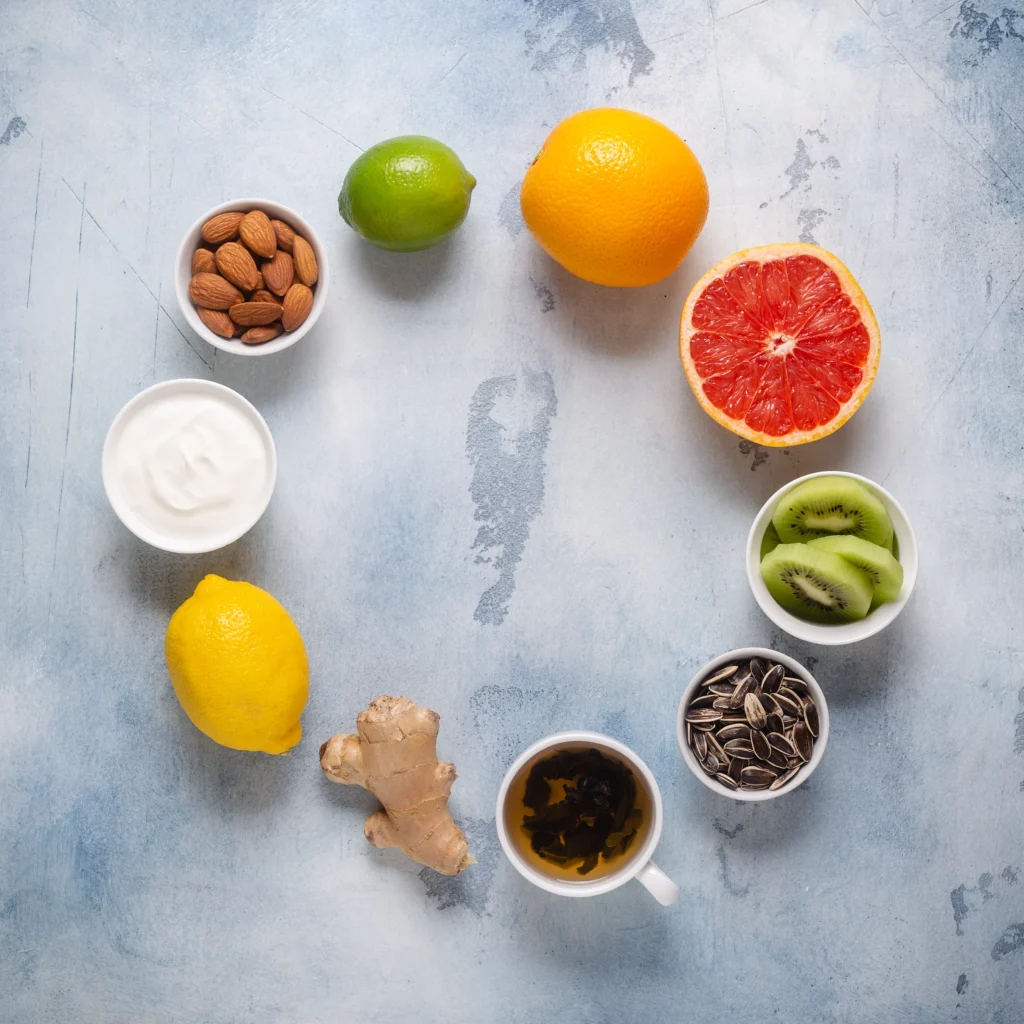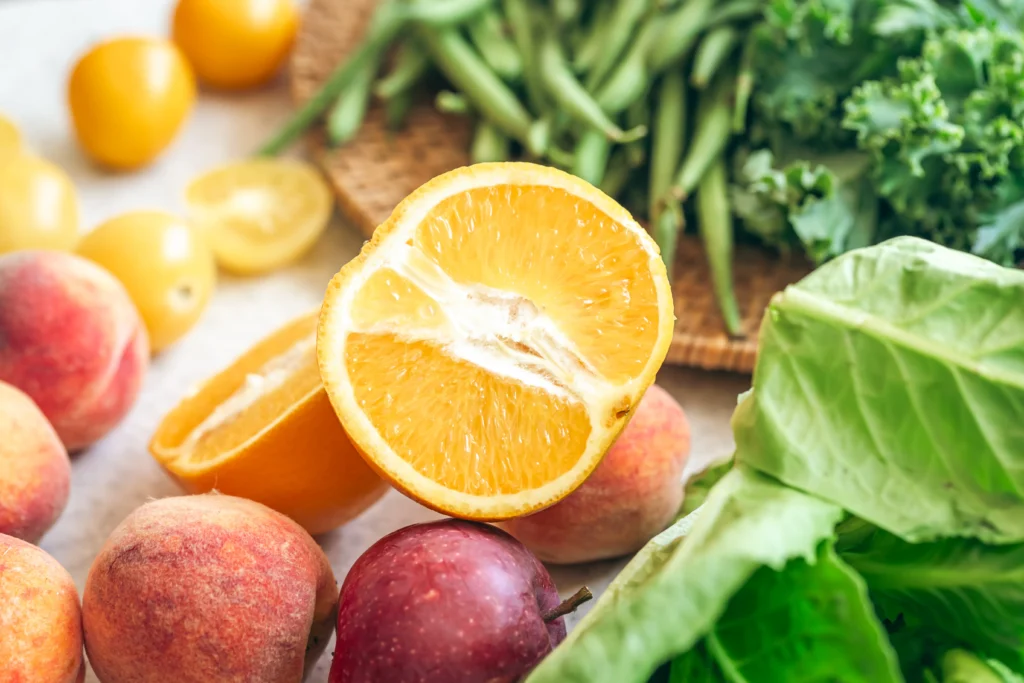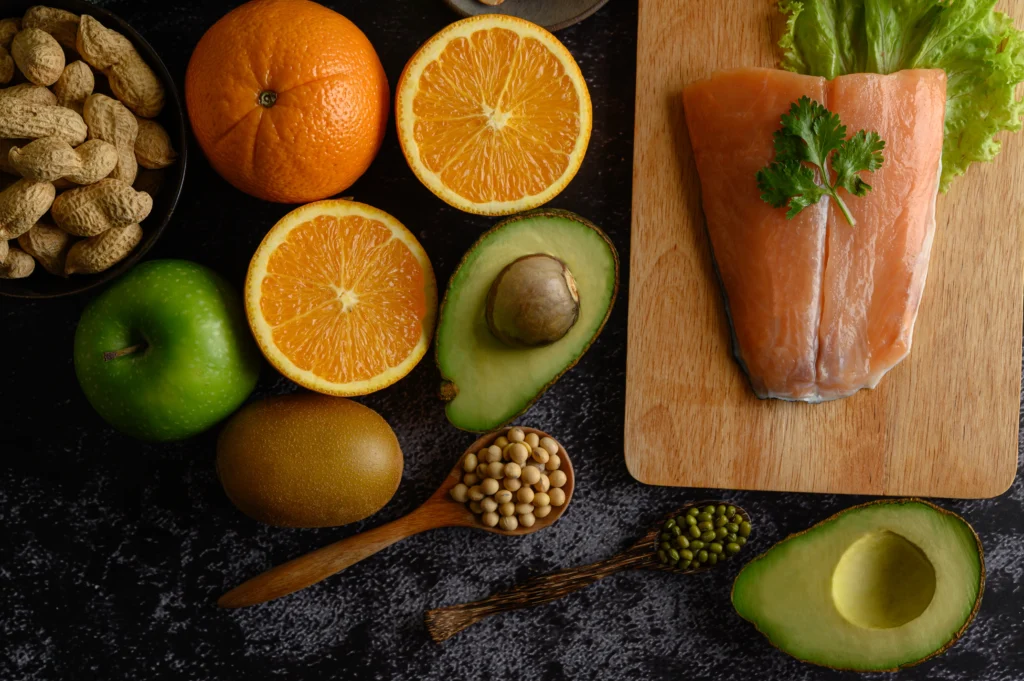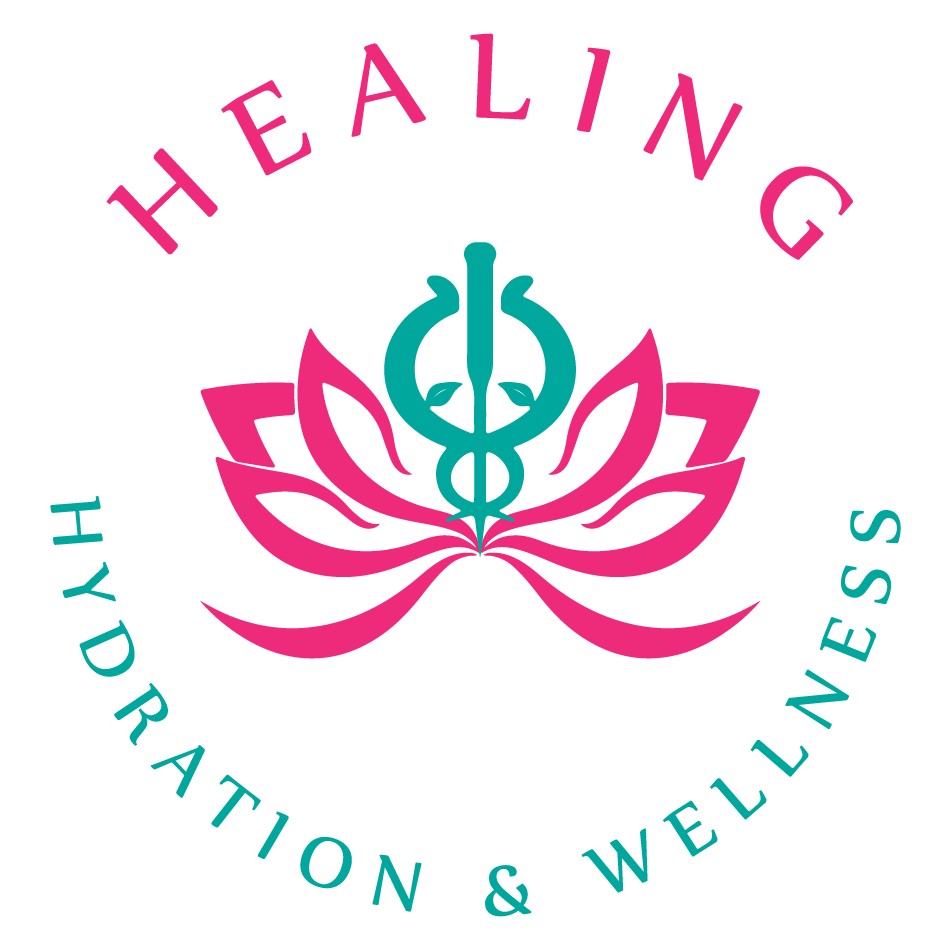Vitamin C has long been associated with immune support, particularly in preventing and treating the common cold. Many people turn to vitamin C supplements, citrus fruits, and fortified foods at the first sign of illness, hoping to shorten the duration and severity of symptoms. But does vitamin C genuinely help with colds, or is its reputation exaggerated? Understanding the science behind vitamin C’s role in immune function and its effectiveness in cold prevention and treatment provides valuable insight into this popular remedy.

The Role of Vitamin C in Immune Function
Vitamin C, also known as ascorbic acid, is an essential nutrient that supports various bodily functions, particularly immune health. It acts as a powerful antioxidant, helping to neutralize free radicals and reduce oxidative stress, which can weaken the immune system. Additionally, vitamin C enhances white blood cell function, aiding the body in fighting infections more effectively.
Beyond immune support, vitamin C plays a crucial role in collagen synthesis, wound healing, and iron absorption. Because the human body does not produce or store vitamin C, it must be obtained through diet or supplements to maintain optimal health.

Scientific Evidence on Vitamin C and Colds
Research on vitamin C’s effect on colds has yielded mixed results. Some studies suggest that regular vitamin C supplementation can slightly reduce the duration of colds, while others indicate that taking vitamin C after symptoms appear has little to no effect.
A major review published in The Cochrane Database of Systematic Reviews analyzed multiple studies and found that daily vitamin C supplementation may reduce the duration of colds by approximately 8% in adults and 14% in children. However, the review concluded that taking vitamin C after the onset of cold symptoms does not significantly shorten illness duration.
Another study in The Journal of the American Medical Association found that individuals exposed to extreme physical stress, such as athletes and military personnel, experienced a greater benefit from vitamin C supplementation in preventing colds compared to the general population.

Can Vitamin C Prevent Colds?
While vitamin C plays a vital role in supporting the immune system, research suggests that it does not necessarily prevent colds in the general population. However, those who consume sufficient amounts of vitamin C daily through diet or supplements may have a slightly lower risk of developing colds, especially in high-stress environments.
Consistently maintaining adequate vitamin C levels helps the immune system function efficiently, reducing inflammation and enhancing the body’s ability to fight infections. Although it may not serve as a guaranteed preventive measure, ensuring proper vitamin C intake contributes to overall health and resilience against illnesses.
For more information on hydration and immune support, visit Healing Hydration & Wellness.
The Best Sources of Vitamin C
Vitamin C is widely available in many fruits and vegetables. Citrus fruits like oranges, lemons, and grapefruits are well-known sources, but other foods such as strawberries, kiwi, bell peppers, and broccoli also provide significant amounts.
Consuming a balanced diet rich in vitamin C is the best way to maintain adequate levels. While supplements can be useful, obtaining nutrients from whole foods ensures better absorption and additional health benefits from fiber, antioxidants, and other vitamins.

Potential Risks and Considerations
Vitamin C is generally safe for most people, but excessive intake can cause digestive issues such as diarrhea, nausea, and stomach cramps. The recommended daily allowance (RDA) for adults is 90 mg for men and 75 mg for women, with an upper limit of 2,000 mg per day.
Individuals with kidney conditions should be cautious with high-dose vitamin C supplements, as excessive amounts may contribute to kidney stone formation. Consulting with a healthcare provider before starting supplementation is advisable, especially for those with underlying health conditions.

Conclusion
Vitamin C is essential for immune function and overall health, but its role in preventing and treating colds is limited. While regular supplementation may slightly reduce cold duration, it does not guarantee prevention. A diet rich in vitamin C, combined with proper hydration and a healthy lifestyle, is the best strategy for supporting the immune system.
For those seeking additional immune support, Healing Hydration & Wellness offers wellness consultations and hydration therapy designed to enhance overall health and resilience.



